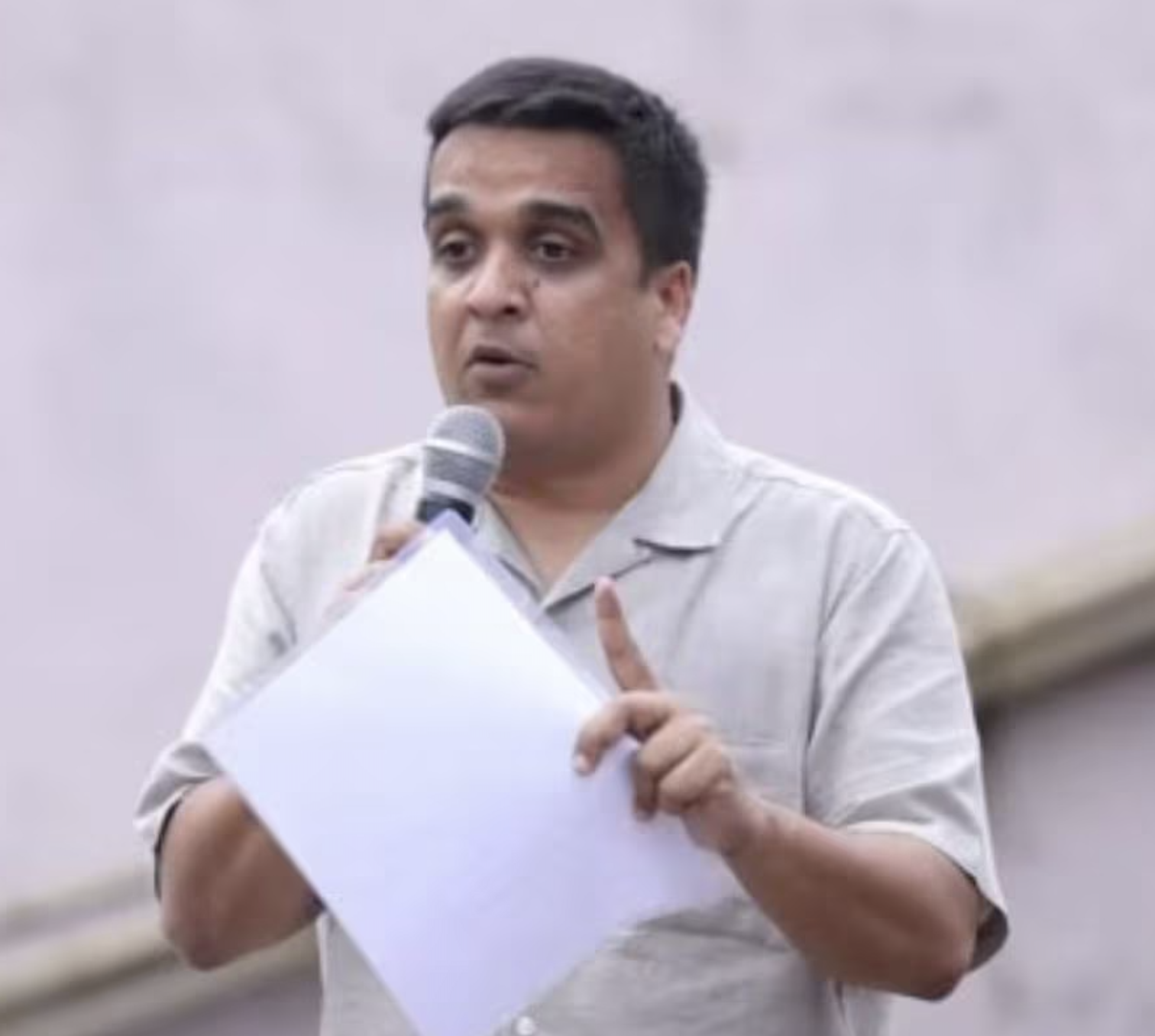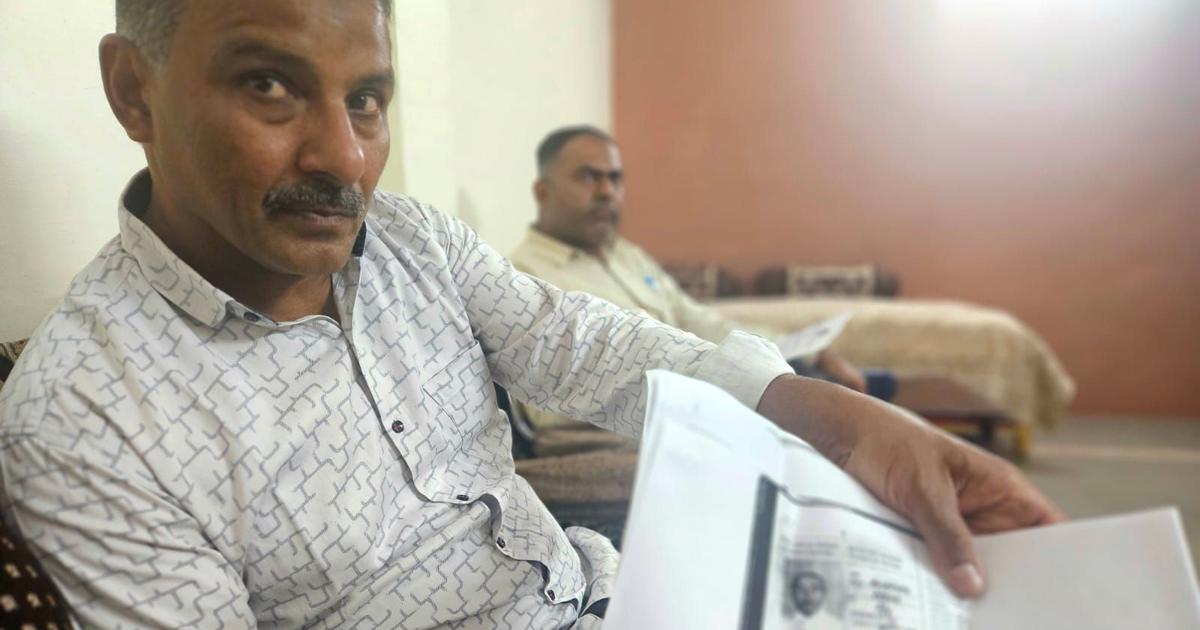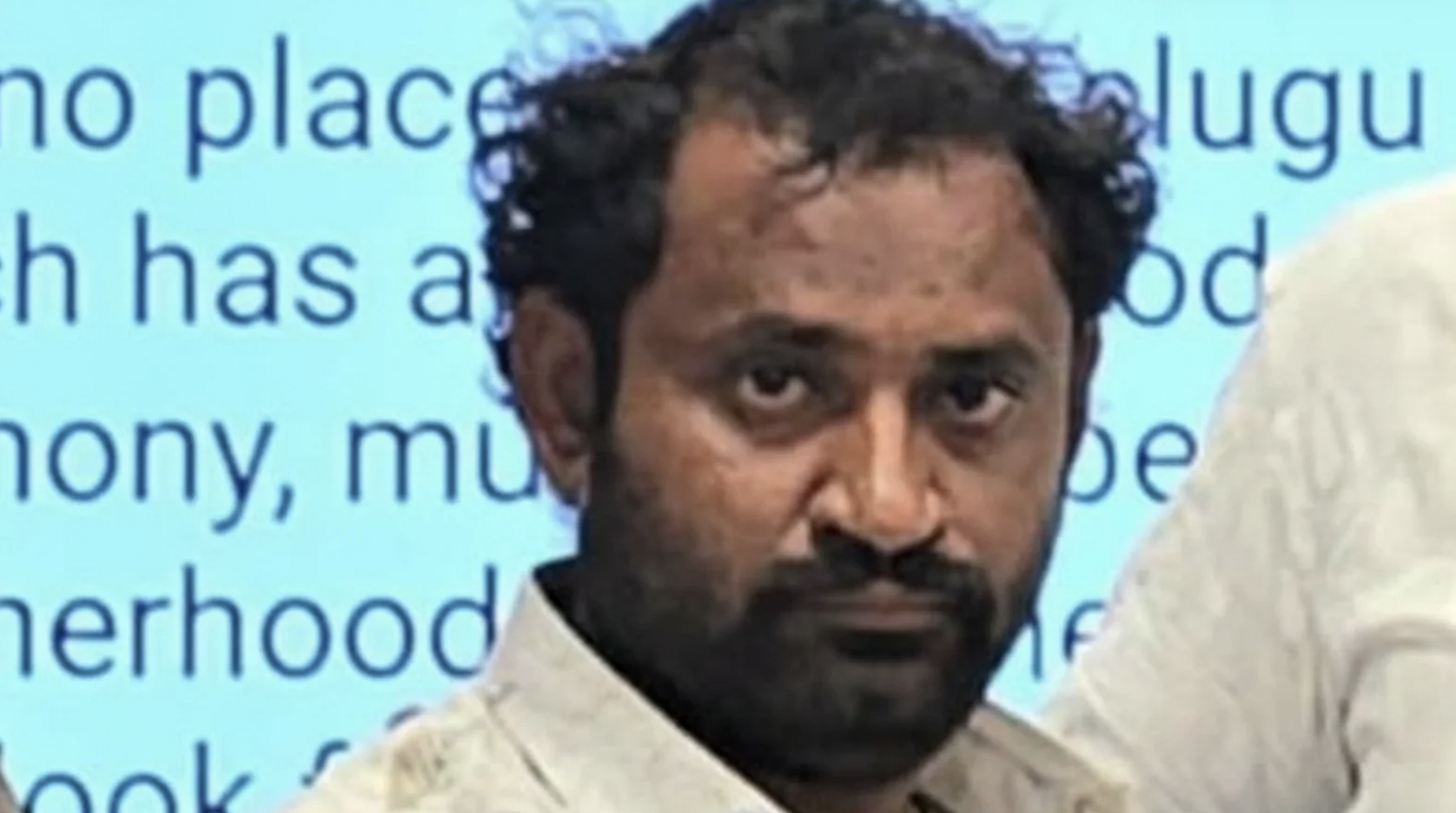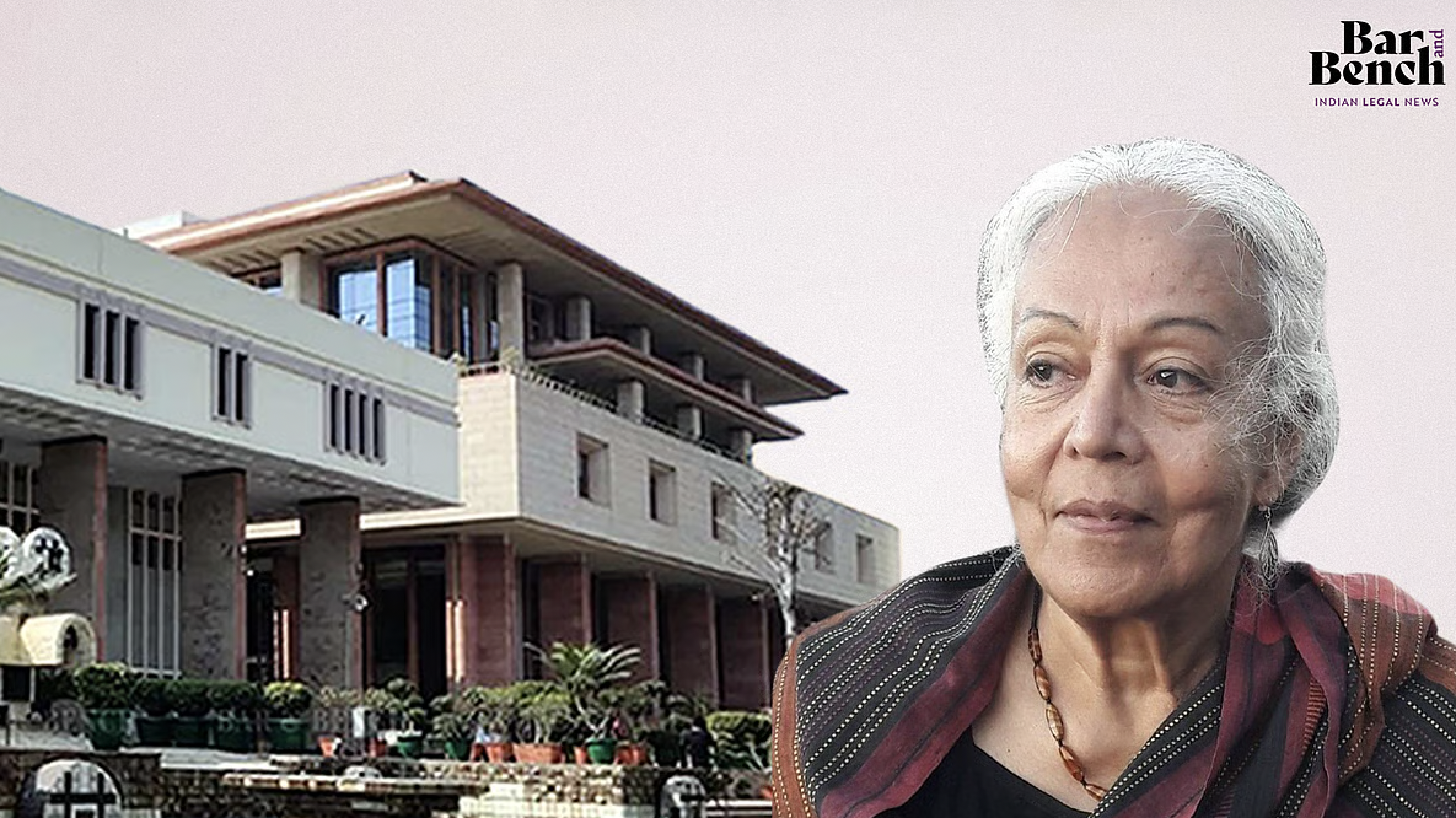
Like every other day, Mohammad Shafi Parray left for his tailoring shop in Kashmir’s Nowgam, on the outskirts of Srinagar, on the morning of November 14.
Soon, the 50-year-old was asked to visit the local police station.
“Around 9 in the morning, officials from the nearby Nowgam police station took him to the station along with his sewing machine and other tools,” Parray’s nephew Zahoor Ahmad Parray, who lives near the shop, told Scroll. “I informed his son. I told them to not worry.”
Parray’s family members did not “worry” about the summons to the police station as the tailor had a “working relationship” with the police.
Zahoor Parray said it was not uncommon for officials from the police station to avail of his services. “They would ask him to sew uniforms, or alter clothes,” he said, adding that his uncle was paid for his work.
That day, Shafi Parray had been summoned to stitch cloth bags to store explosive material recovered from the conspirators of the Red Fort blast in New Delhi on November 10.
Hours before the blast, the Jammu and Kashmir police busted a “transnational terror module,” linked to the Pakistan-based terrorist organisation Jaish-e-Mohammad and the Kashmir-based Ansar Ghazwat-ul-Hind.
The police investigations led to the arrest of seven Kashmiris from across the country and recovery of 2,900 kg of material used to make improvised explosive devices or IEDs, including ammonium nitrate.
Since the case was registered at the Nowgam police station, the investigators had secured the seized substance at the police station.
This story was originally published in scroll.in. Read the full story here.






